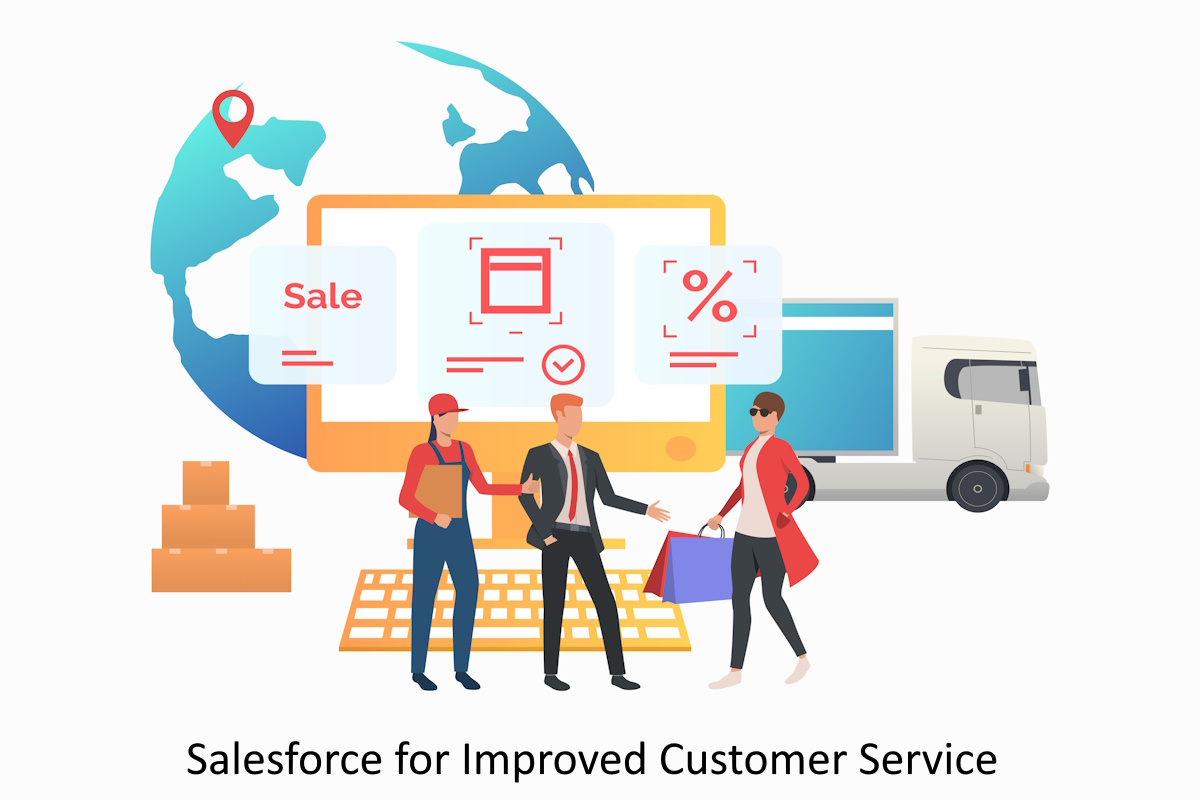In the hyper-competitive landscape of the logistics industry, customer service is more than just a business function – it is a key differentiator. The logistics industry, which acts as the backbone of global trade, has a significant role in the customer service realm as it directly impacts customer satisfaction. In today’s era of instant gratification, customers expect timely and seamless delivery of products. Any shortcomings in the customer service experience can lead to dissatisfaction and potentially tarnish a company’s reputation, leading to loss of business.
The Importance of Customer Service in Logistics
Customer satisfaction is closely linked to the efficiency of logistics services. Customers today expect timely deliveries, accurate updates, and prompt responses to their queries. The ability for a logistics company to meet these expectations can be a deciding factor in its success. A study by Salesforce showed that 78% of customers have stopped doing business with a company because of poor service. Therefore, it is critical for logistics companies to prioritize and continuously improve their customer service strategies.
Challenges in Delivering Quality Customer Service in Logistics
Delivering quality customer service in logistics is not without its challenges. Among the main obstacles are the complexities of supply chain management, unpredictable external factors, and evolving customer expectations. The global nature of logistics further complicates matters, as companies must navigate varying regulations, weather conditions, and infrastructural disparities across different regions.
Moreover, real-time tracking of goods and providing accurate delivery timelines can be daunting tasks, primarily due to the multitude of factors affecting transit times. Lastly, the digital revolution has led to more informed customers who demand transparency, speed, and efficiency like never before, thus making it critical for logistics companies to stay abreast of technological advancements and incorporate them into their customer service strategies.
Role of Salesforce in Addressing these Challenges
This is where Salesforce comes into play. It helps logistics companies enhance their customer service by providing solutions that streamline operations, improve response times, and increase visibility. These solutions include the use of ERP artificial intelligence (AI) and automation to handle customer queries, as well as real-time tracking capabilities for more accurate delivery updates. This not only improves the overall customer experience but also increases efficiency and reduces costs for logistics companies.
Key Salesforce Tools for Customer Service Improvement
Key tools provided by Salesforce include the Service Cloud, which offers a unified customer service platform, Salesforce CRM for customer relationship management, and AI-powered chatbots that can handle routine customer queries efficiently. In addition, Salesforce also offers real-time tracking solutions through its Transportation Management System (TMS) and fleet management software.
Real-World Case Studies
One prime example of Salesforce’s impact on transportation and logistics comes from the global shipping giant, Maersk. They utilized Salesforce’s robust customer relationship management solutions to streamline their customer service operations, resulting in improved response times and customer satisfaction. In another instance, BNSF Railway employed Salesforce’s Service Cloud to enhance their real-time tracking capabilities, leading to more accurate and timely delivery updates.
These case studies underscore the transformative potential of Salesforce for transportation & logistics, demonstrating its prowess in overcoming industry-specific challenges and delivering superior customer service.
Benefits of Using Salesforce in Customer Service
Before diving into the specific benefits of using Salesforce for customer service, it’s crucial to understand its overarching value. This robust CRM platform does more than just streamline operations – it redefines the customer journey, enhancing every interaction with data-driven insights and personalized services.
● Increased Efficiency
Salesforce automation tools significantly reduce the time and effort required for routine tasks, allowing customer service representatives to focus on more complex issues.
● Improved Customer Satisfaction
With its ability to efficiently handle and resolve customer queries, Salesforce can significantly enhance customer satisfaction levels.
● Real-Time Tracking
Salesforce’s real-time tracking capabilities ensure that customers are always informed about the status of their shipments, leading to a smoother and more transparent customer experience.
● Scalability
CRM Solution as a cloud-based, can easily scale to meet the needs of growing businesses, ensuring that high levels of customer service are maintained as the number of customers increases.
● Data-Driven Decisions
Salesforce’s data analytics tools provide valuable insights into customer behavior and preferences, enabling businesses to make informed decisions that improve customer service and drive growth.
● Cost Savings
By automating routine tasks and streamlining customer service operations, Salesforce can generate significant cost savings for businesses in the long run.
Conclusion
In conclusion, Salesforce is revolutionizing the way logistics companies approach customer service. Its suite of robust tools and solutions is helping these companies overcome challenges, meet customer expectations, and ultimately, drive business success. By leveraging Salesforce, logistics companies can optimize their customer service processes and stay ahead in an increasingly competitive market. So if you’re a logistics business looking to enhance your customer service capabilities, consider harnessing the power of Salesforce today. Your customers will thank you for it!




